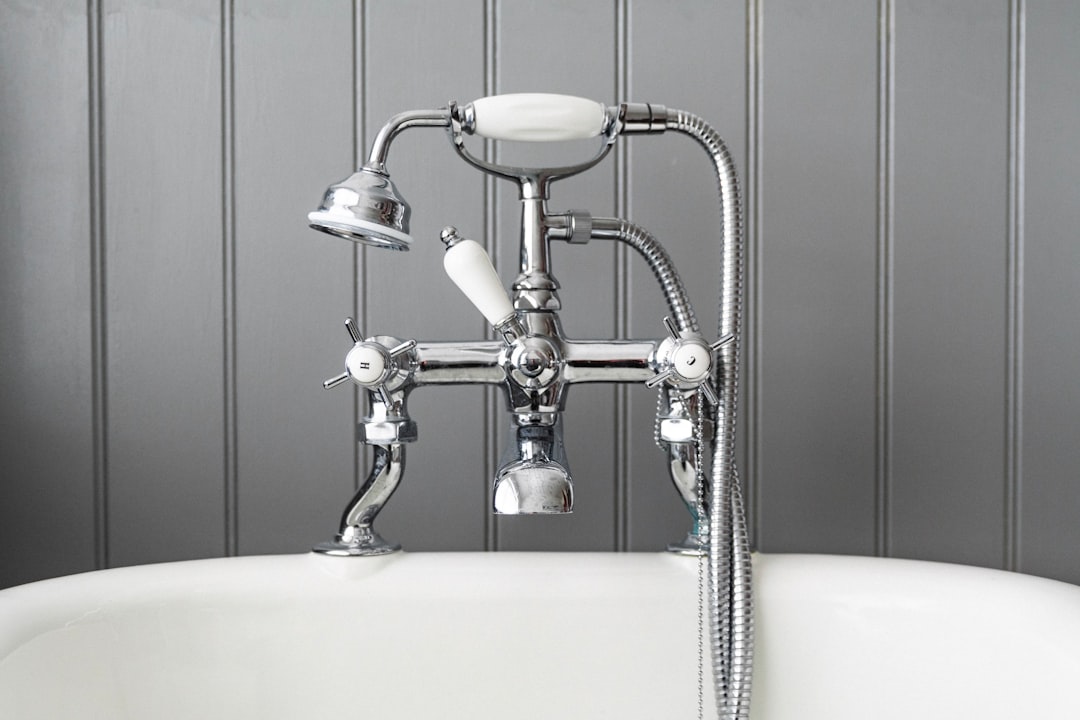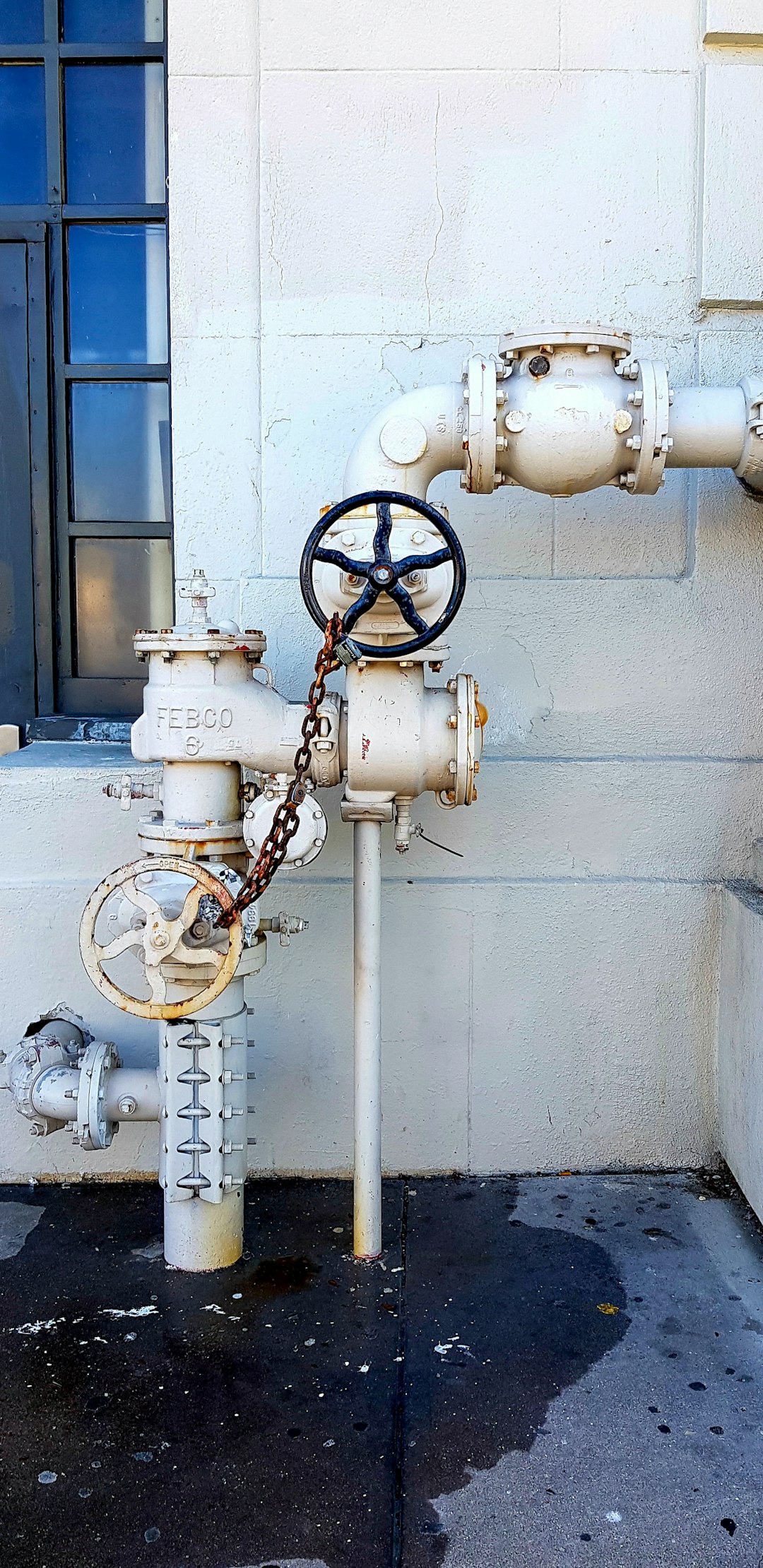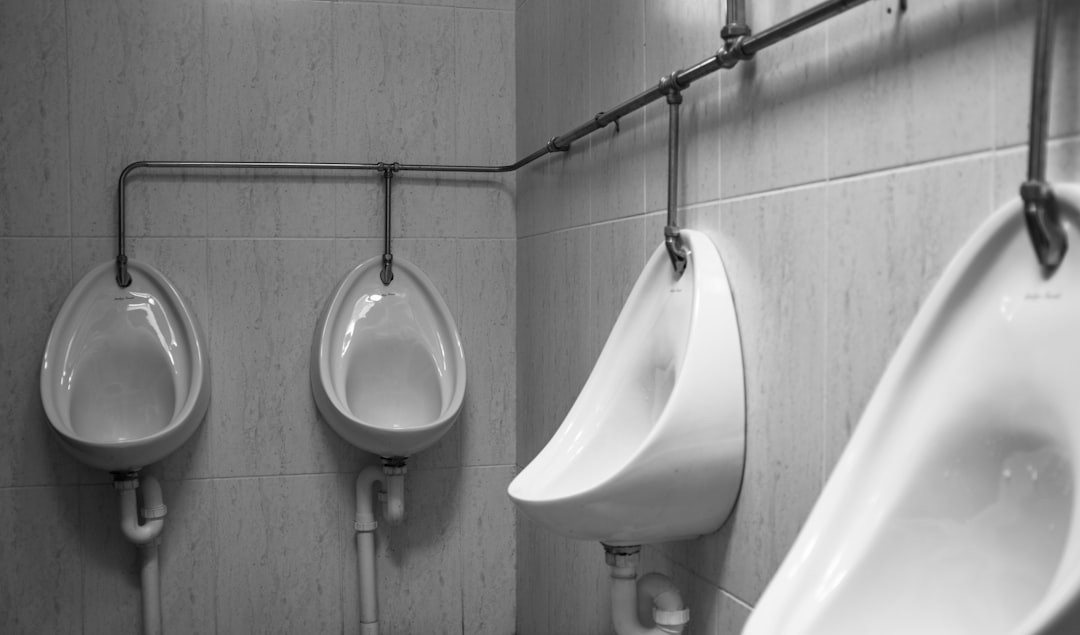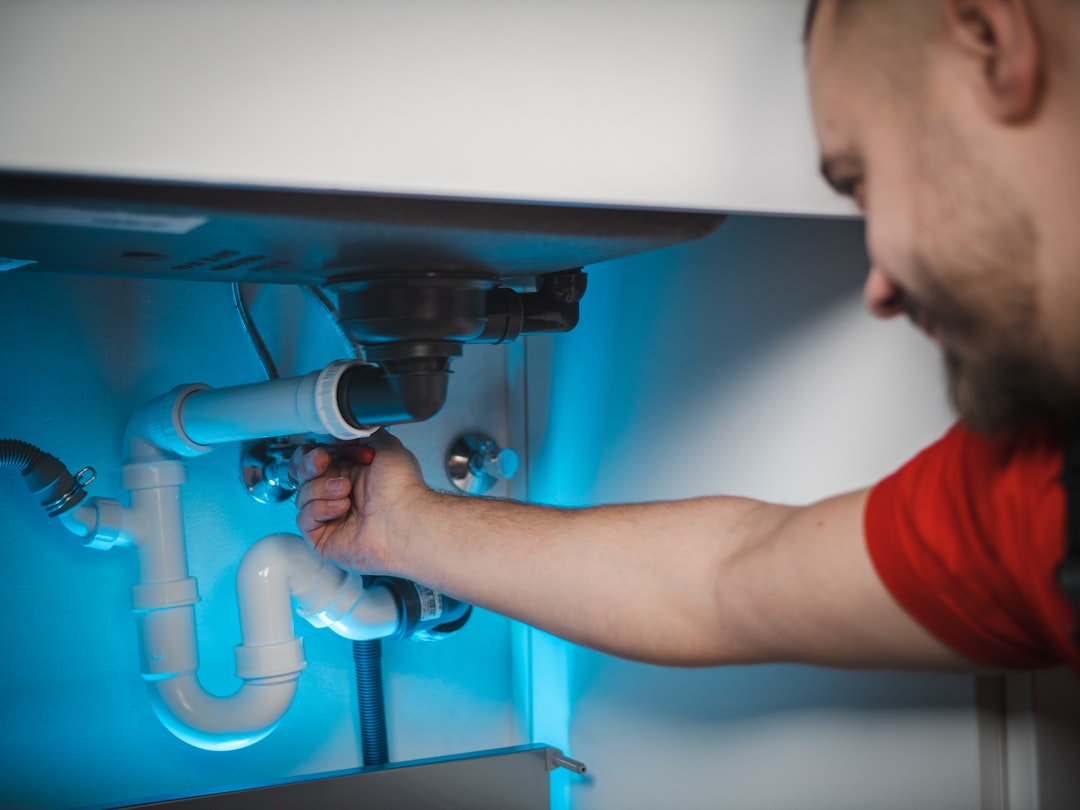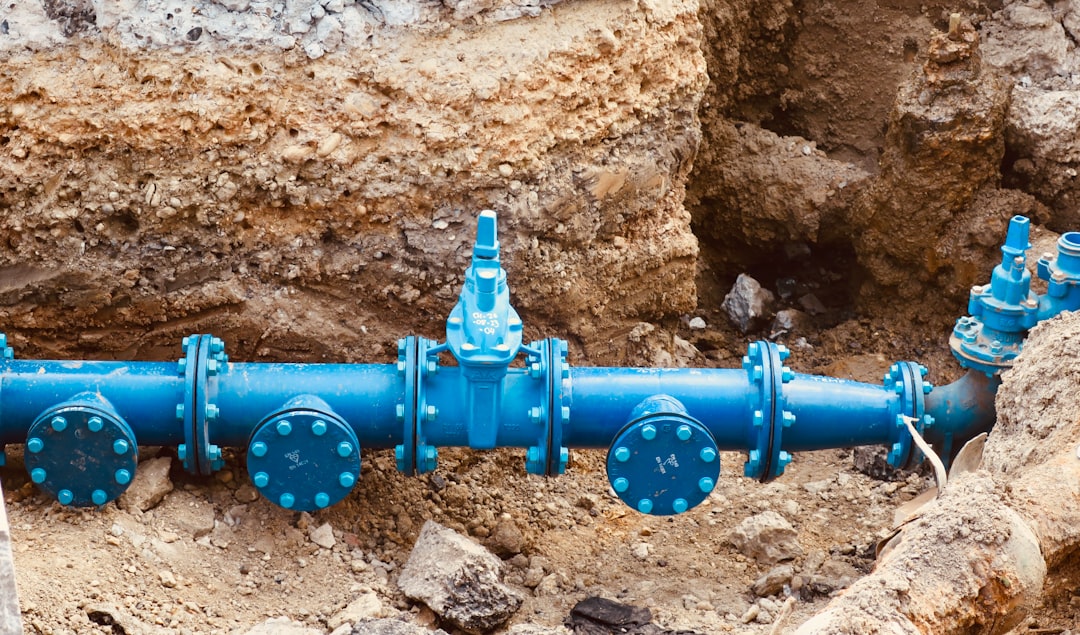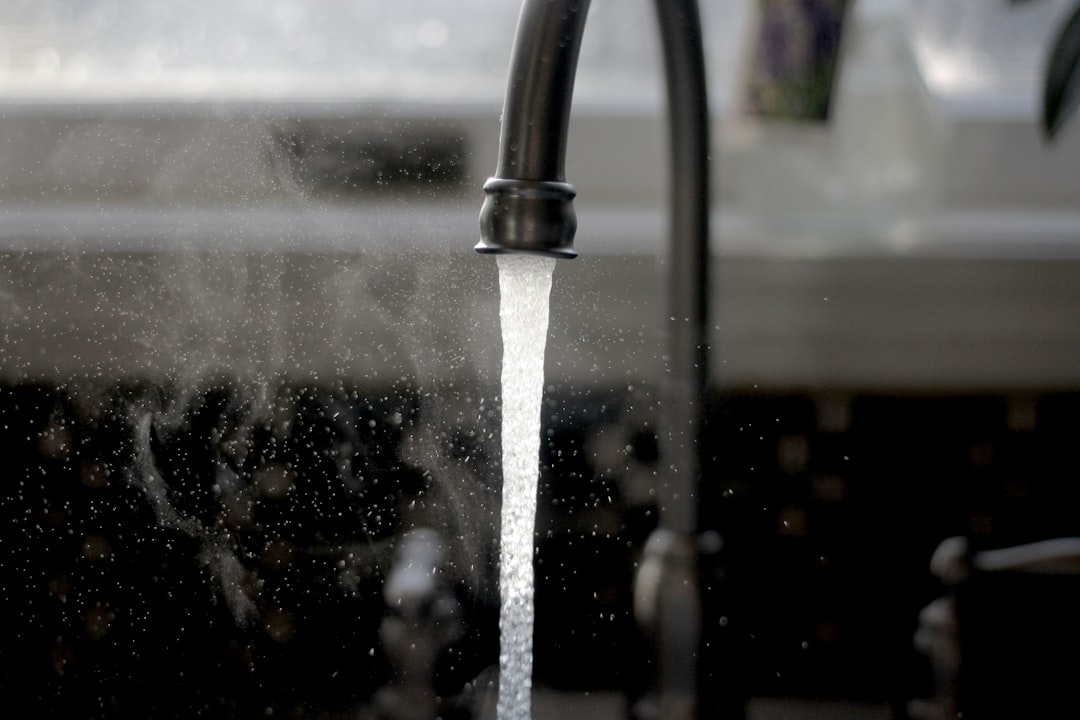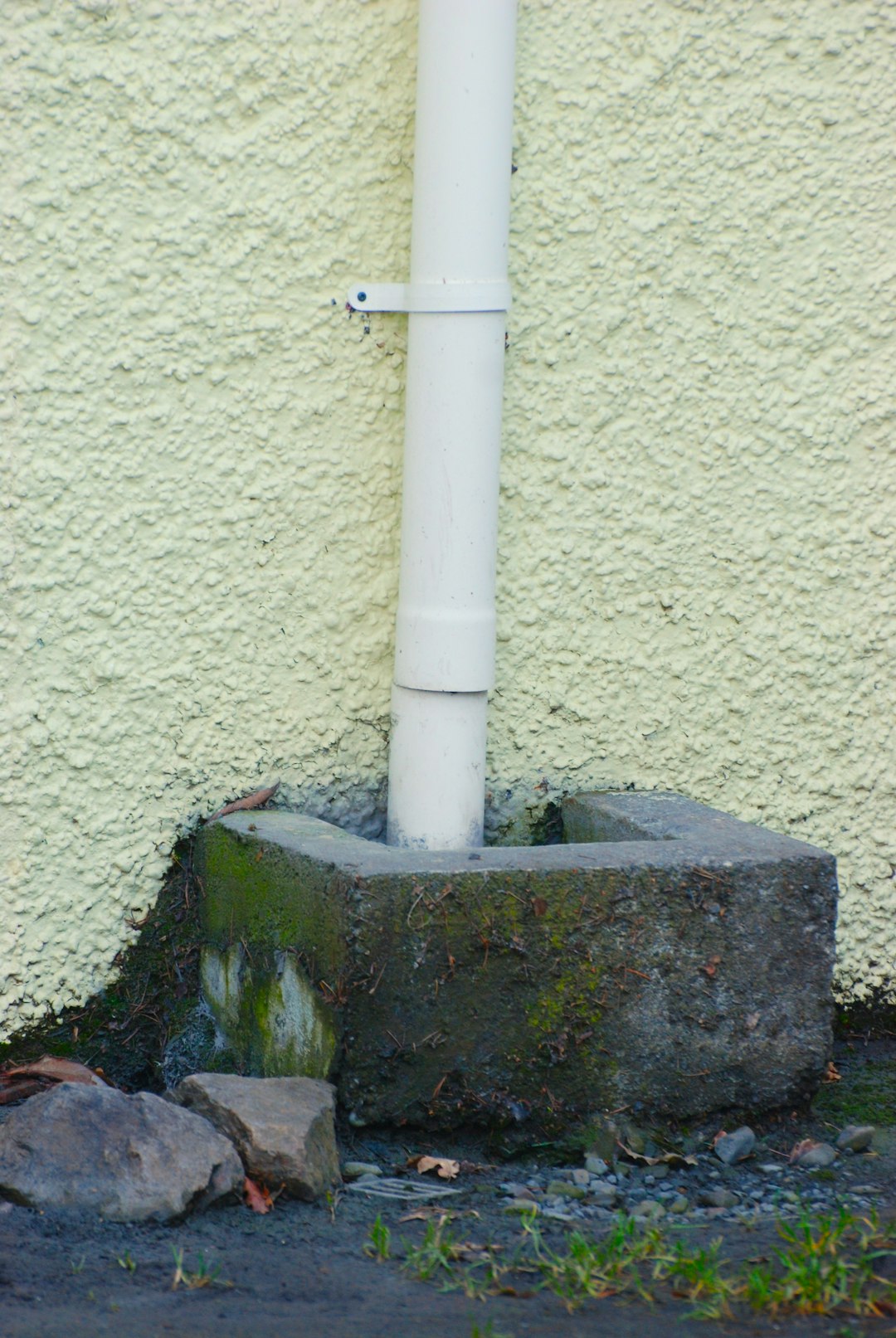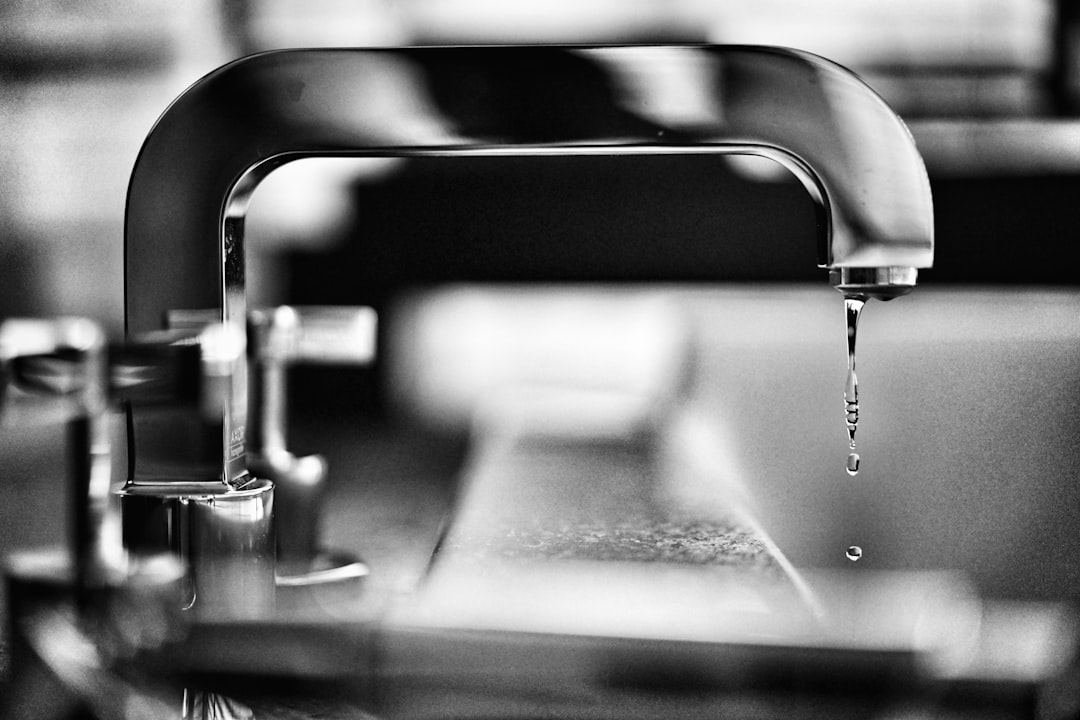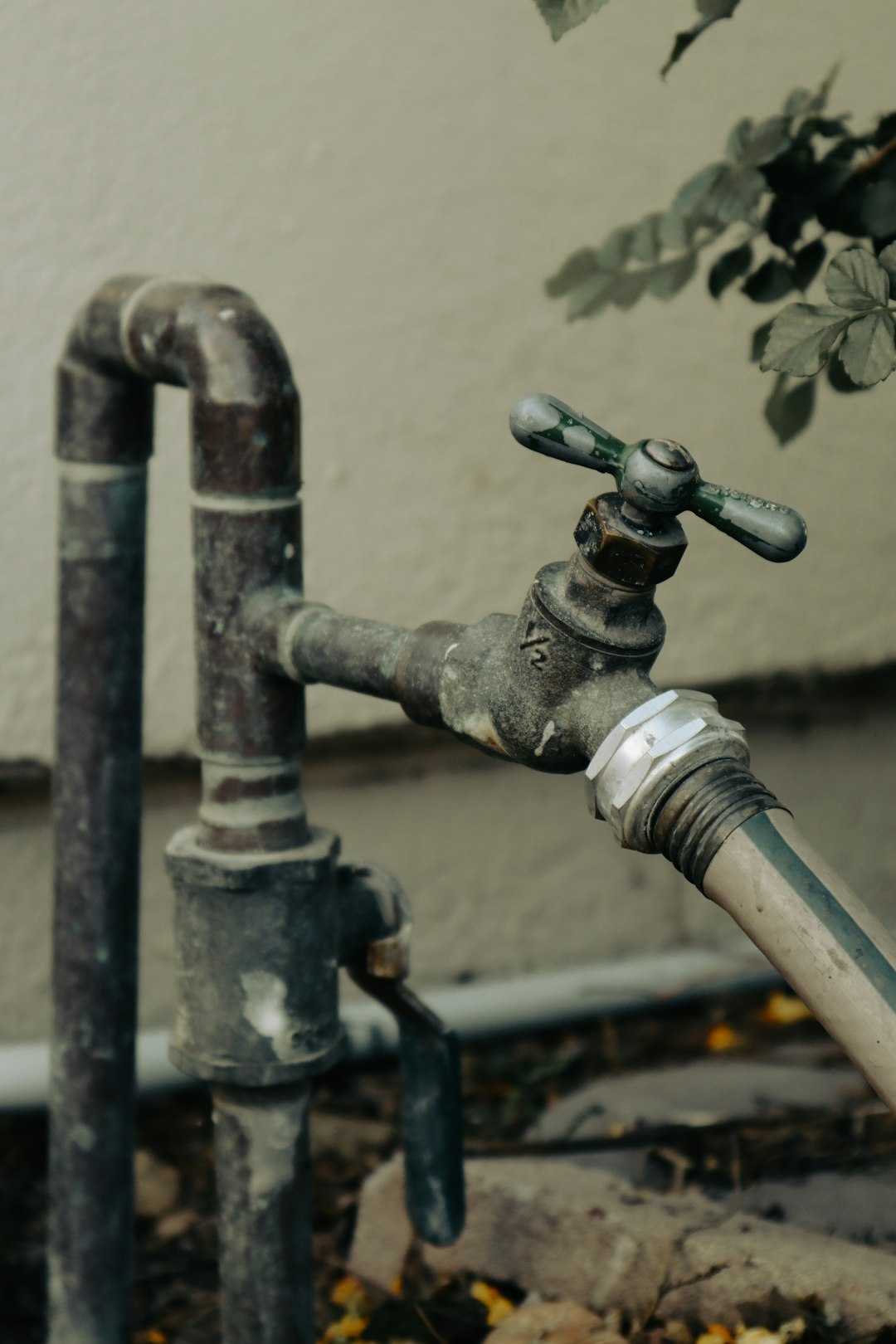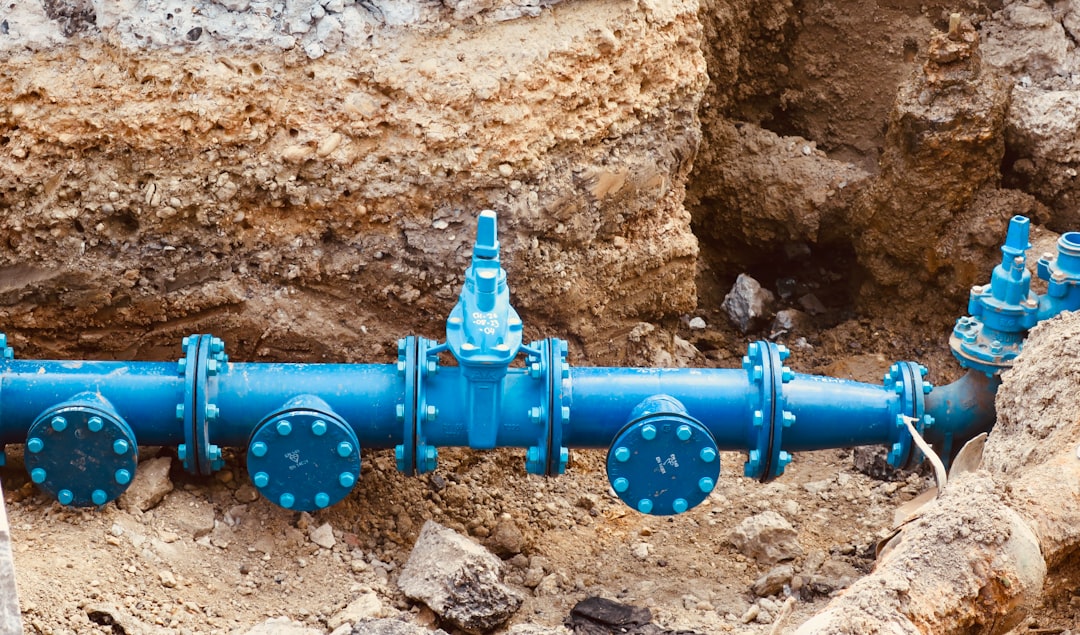Table of Contents
- Introduction
- Frequency of plumbing inspections for residential properties
- Importance of plumbing inspections for commercial buildings
- Signs that indicate the need for plumbing inspections
- How plumbing inspections can prevent costly repairs
- Role of plumbing camera inspection in regular maintenance
- Seasonal considerations for plumbing system inspections
- Recommended timeline for specific plumbing services and repairs
- The impact of local plumbing codes on inspection frequency
- Conclusion
- Frequently Asked Questions
Introduction
Your plumbing system is the unsung hero of your home, silently ensuring that water flows smoothly through your taps and waste is efficiently whisked away.
Yet, like all essential systems, it can suffer from wear and tear, hidden leaks, and blockages that threaten to disrupt your household comfort.
How often do you really pay attention to this intricate network of pipes, valves, and fittings?
In fact, neglecting routine inspections could lead to costly repairs down the line and even water damage that could compromise the structure of your home.
In this article, we will explore the best practices for inspecting your plumbing system, detailing the signs to look out for, the ideal frequency for check-ups, and tips on how to maintain a safe and efficient plumbing environment.
Let’s dive into the world of pipes and plumbing, and uncover the secrets to keeping your home running smoothly, one inspection at a time!
Frequency of plumbing inspections for residential properties
For residential properties, it is generally recommended that plumbing systems be inspected at least once every two years. This frequency helps to identify potential issues before they become serious problems, such as leaks, clogs, or broken pipes. Regular inspections can also help to ensure that your plumbing fixtures, such as faucets and toilets, are functioning properly and efficiently.
Homeowners in areas with hard water may benefit from more frequent inspections, as mineral buildup can lead to plumbing issues over time. Additionally, properties that are older or have undergone significant renovations may require inspections once a year to assess the integrity of the plumbing system.
During a plumbing inspection, a qualified plumber will check for signs of wear, leaks, and any code violations that could pose risks to the home’s safety or efficiency. By adhering to recommended inspection schedules, homeowners can save money in the long run by preventing costly repairs and ensuring that their plumbing systems remain in good condition.
Importance of plumbing inspections for commercial buildings
Plumbing inspections are crucial for maintaining the integrity and functionality of commercial buildings. These inspections help identify potential issues before they escalate into costly repairs or disruptions to business operations. Regular evaluations can uncover problems such as leaks, pipe corrosion, and drainage issues that, if left unchecked, can lead to extensive water damage and mold growth.
Moreover, plumbing systems in commercial settings often have to accommodate higher usage levels than residential systems, making routine inspections even more vital. They ensure that the plumbing infrastructure can handle the demands of multiple occupants and high traffic. Implementing a schedule for plumbing inspections can also enhance compliance with health and safety regulations, protecting both the business and its customers.
Additionally, an effective plumbing maintenance program can contribute to energy efficiency, as modern plumbing technologies can reduce water usage and lower utility costs. In summary, regular plumbing inspections are a proactive approach to safeguarding commercial buildings from unforeseen plumbing failures.
Signs that indicate the need for plumbing inspections
Recognizing the signs that indicate the need for plumbing inspections can save homeowners from costly repairs and unexpected emergencies. One primary sign is the presence of leaks, which may manifest as water stains on ceilings or walls. Additionally, fluctuating water pressure can indicate underlying plumbing issues, warranting a closer look. Unpleasant odors originating from drains may suggest sewage problems, another critical reason for an inspection.
Another important indication is water discoloration, which can signal rust or mineral build-up in your pipes. Slow drains can also be a red flag; they often point to clogs that, if left unaddressed, could lead to more significant blockages. Homeowners should not ignore frequent backups in sinks or toilets, as these could indicate serious plumbing issues that require professional assessment.
Lastly, unusual noises such as gurgling or banging from pipes can suggest air trapped in the system or loose fittings. Staying alert to these signs can help maintain the integrity of your plumbing system and ensure its efficient functioning.
How plumbing inspections can prevent costly repairs
Regular plumbing inspections are essential for maintaining the health and functionality of your plumbing system. These inspections can help identify potential issues before they become major problems, ultimately preventing costly repairs down the line. By having a professional examine your plumbing periodically, you can catch leaks, corrosion, and blockages in their early stages.
Minor issues that go unnoticed can escalate into significant failures, resulting in extensive damage to your property and requiring expensive repairs or replacements. For example, a small leak can lead to mold growth, water damage, and structural issues if left unchecked. Inspections can also help ensure that your plumbing meets current codes and regulations, preventing fines and additional costs associated with retrofitting non-compliant systems.
Furthermore, routine inspections can improve the overall efficiency of your plumbing system, saving you money on water bills and reducing environmental impact. In summary, investing in regular plumbing inspections is a proactive approach that safeguards your home and savings.
Role of plumbing camera inspection in regular maintenance
Plumbing camera inspection plays a crucial role in the regular maintenance of plumbing systems. By utilizing advanced camera technology, plumbers can visually examine the inside of pipes and drainage systems without invasive methods. This non-destructive approach allows for early detection of issues such as blockages, leaks, and corrosion. Regular camera inspections can be scheduled as part of a comprehensive maintenance plan, helping homeowners to identify potential problems before they escalate into costly repairs.
Moreover, plumbing camera inspections provide a clear and accurate assessment of the condition of pipes, enabling plumbers to make informed decisions regarding repairs or replacements. This technique is especially beneficial for older plumbing systems, where traditional inspection methods may not be as effective. By documenting the condition of plumbing systems through camera inspections, homeowners can also maintain records that may be useful for future reference or when selling a property. Ultimately, the use of plumbing cameras enhances the efficiency and effectiveness of regular maintenance, ensuring that plumbing systems operate smoothly for years to come.
Seasonal considerations for plumbing system inspections
Seasonal considerations play a crucial role in determining when plumbing systems should be inspected. As the seasons change, different factors can impact the integrity and functionality of plumbing systems. For instance, during winter months, homes are susceptible to freezing pipes due to low temperatures. Regular inspections before the onset of winter can help identify vulnerabilities and ensure that pipes are properly insulated.
In the spring, melting snow and increased rainfall can lead to higher instances of leaks and flooding. Inspecting plumbing systems during this time allows homeowners to address potential drainage issues and check for any water damage that may have occurred over the winter.
Summer months often bring heat, which can affect water pressure and the efficiency of plumbing fixtures. Regular inspections can help detect issues early, preventing costly repairs later. Lastly, autumn is a good time to prepare the plumbing for winter and check for any changes that may have occurred during the year. By considering seasonal changes, homeowners can better maintain their plumbing systems and avoid emergencies.
Recommended timeline for specific plumbing services and repairs
To maintain an efficient plumbing system, it is important to follow a recommended timeline for specific plumbing services and repairs. Regular inspections by a licensed plumber are generally advised every one to two years; this can help detect potential issues before they escalate into major problems.
For homes with older plumbing systems, more frequent inspections may be necessary, ideally every year. Additionally, homeowners should check their water heater every six months to ensure it is functioning properly and to flush out any sediment buildup.
Pipes and fixtures should be inspected annually, keeping an eye out for leaks, corrosion, and any signs of wear. Drain cleaning is typically recommended every one to two years, depending on usage and any past issues with clogs.
Lastly, if your plumbing system involves a septic tank, have it pumped and inspected every three to five years to prevent backups and costly repairs. Regular maintenance can greatly enhance the longevity and efficiency of your plumbing system.
The impact of local plumbing codes on inspection frequency
The impact of local plumbing codes on inspection frequency is significant and varies widely depending on the specific regulations enforced in a given area. Local plumbing codes are established to ensure safety, functionality, and sanitation in plumbing systems, and they often dictate how often systems should be inspected. In some areas, codes may require annual inspections to prevent issues such as leaks or blockages, while others may have less frequent requirements.
For instance, municipalities that have stricter codes may necessitate routine checks every year, especially in older buildings or regions with a history of plumbing problems. Conversely, areas with newer constructions or advanced tech solutions might allow longer intervals between inspections.
These regulations are influenced by several factors, including local climate conditions, soil types, and historical data on plumbing failures. Homeowners and property managers must stay informed about their local codes to ensure compliance and maintain the integrity of their plumbing systems. Understanding the importance of these codes can help prevent costly repairs and enhance the longevity of plumbing infrastructure.
Conclusion
In conclusion, regularly inspecting your plumbing system is essential for maintaining its efficiency and preventing costly repairs. Whether you own a residential home or a commercial building, awareness of inspection schedules can save you from unexpected plumbing emergencies. By recognizing the signs that indicate a need for inspection and understanding the benefits of regular maintenance, you can ensure that your plumbing continues to function smoothly. Don’t wait for small issues to escalate into significant problems; proactive maintenance is key.
If you’re due for a plumbing inspection or suspect issues with your system, don’t hesitate to reach out for professional help. Call 573-555-2121 today to schedule your plumbing consultation and safeguard your home or business from plumbing disasters. Your peace of mind is just a phone call away!
